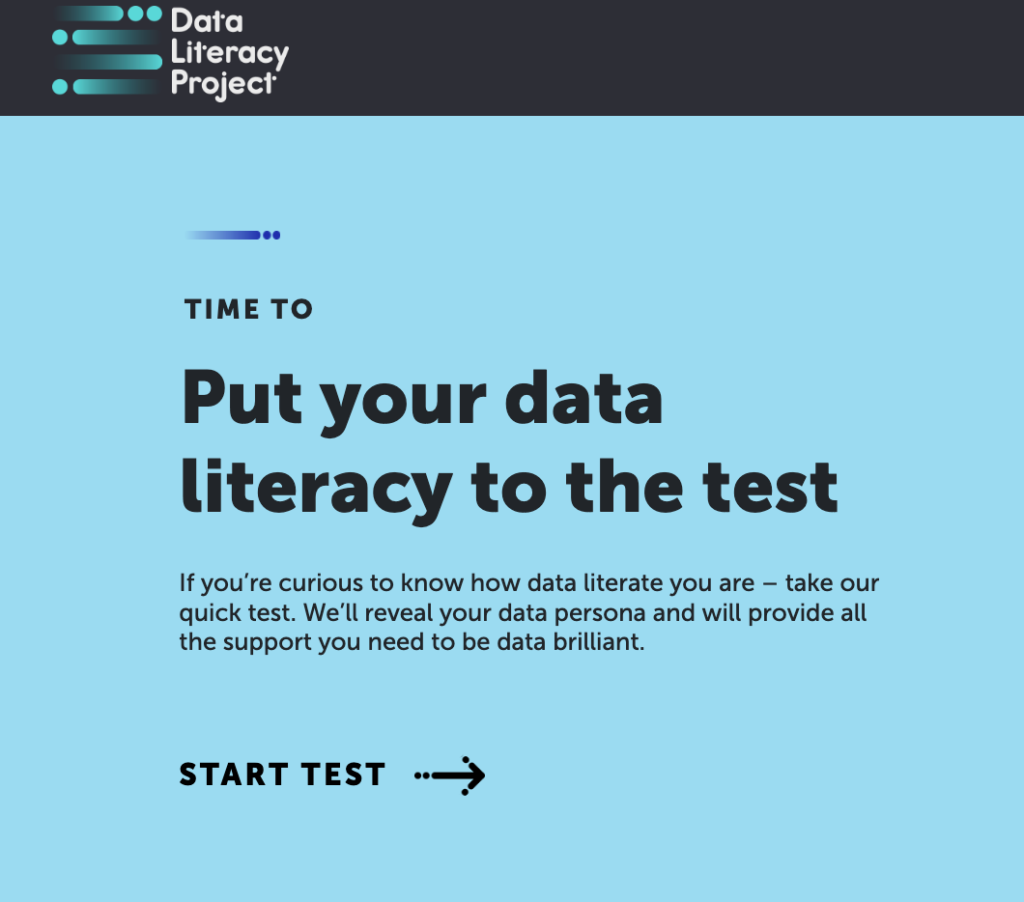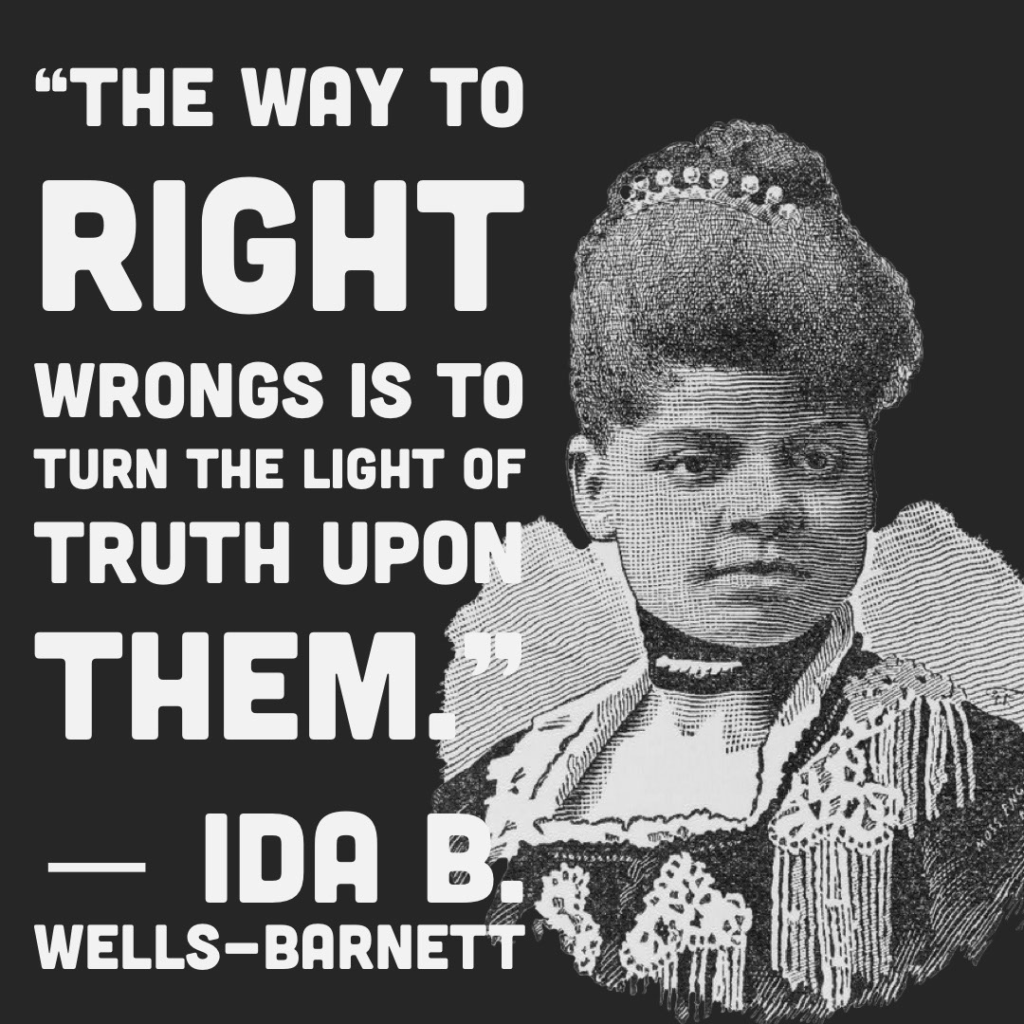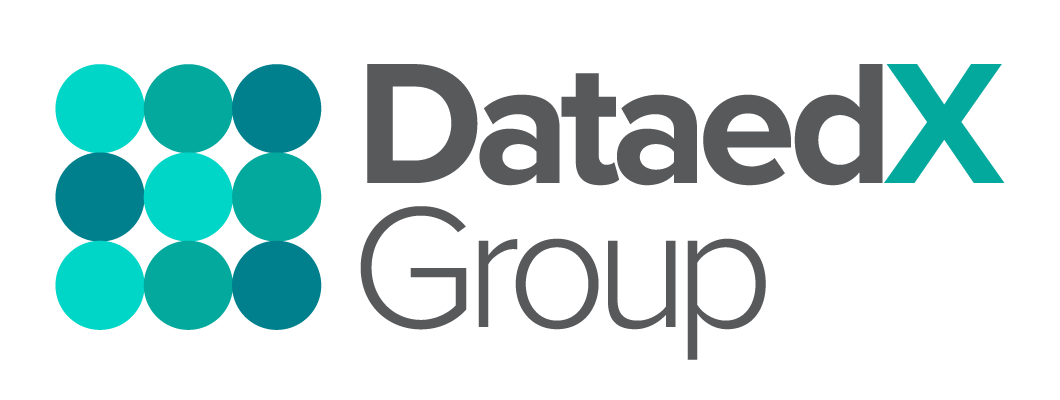We’re often asked to share resources for the non-data professional. While we believe everyone is a data person, we understand that some are overwhelmed by all the data skills, tools, and platforms available to manage information and reveal actionable data insights. So if you’re new to the data industry or you’re looking for a quick overview, then keep reading. Here are our go-to sites that have on-demand webinars and courses. Some are free, some require payment.
Data Literacy Assessment

Take the Data Literacy Project’s Data Literacy Test. If you’re curious to know how data literate you are – take our quick test. We’ll reveal your data persona and will provide all the support you need to be data brilliant.
History & Hidden Figures

When people talk about the pioneers of the data industry, there’s a gravitation to highlight modern well-known computer scientists, artificial intelligence (AI) scientists, and machine learning (ML) engineers. If you want a list of data experts, simply type ‘data science experts’, ‘top data scientists’, or ‘pioneers of data science’ on the interwebs. These people publish in well-known prestigious academic venues, interviewed on leading news outlets, podcasts, and other media in addition to leading the continual development of tech products we all use every day. Their work and their words are front and center in our data news feeds, social media timelines, and conversations with colleagues. It’s human nature to discuss, leverage and critique their work in real time since we’re in theory able to engage with them to better understand their perspectives and decisions…
Overview and Basics

The Data Literacy Project has partnered with Qlik to showcase popular courses and modules. As they state on their site: “Would you like to feel confident when reading and using data? Then these courses are for you. Designed to take you from novice to Data Fluency, you will learn to confidently interpret and work with data both in your every day and working life.”
We recommend engaging these overview modules in this order: A Culture of Data Literacy, Data Literacy Adoption, Why Analytics? and then Data Storytelling. And you’ll have the fundamentals to absorb the content and context of the Data Foundation modules.
Do you see yourself working with data?

Over the past decade, opportunities to work with data have grown enormously. Not just limited to science, technology and business analytics, there are now a wide range of careers in data that span sectors. Despite the breadth and depth of jobs, minoritized groups are excluded from these opportunities.
We Are Far From Parity.
Regardless of your background, you too can work with data. Hundreds of programs designed to teach you or advance your data skills are available across the country and they vary widely. You can get there; we’ll help you.
DataedX Group has showcased a recent landscape of data education enrollment across U.S.-based graduate programs by race/ethnicity and gender. Check out the interactive Tableau Public quizzes.




